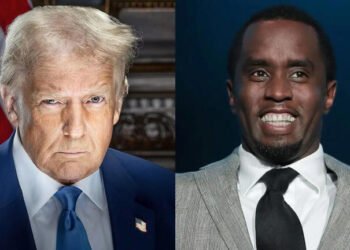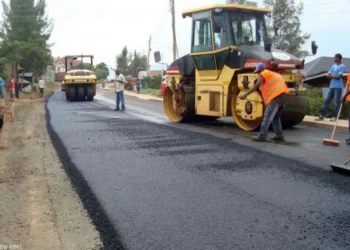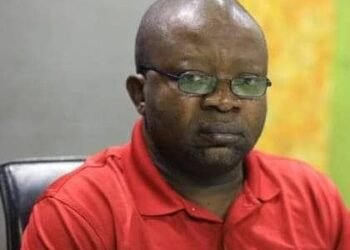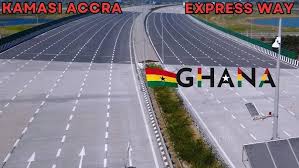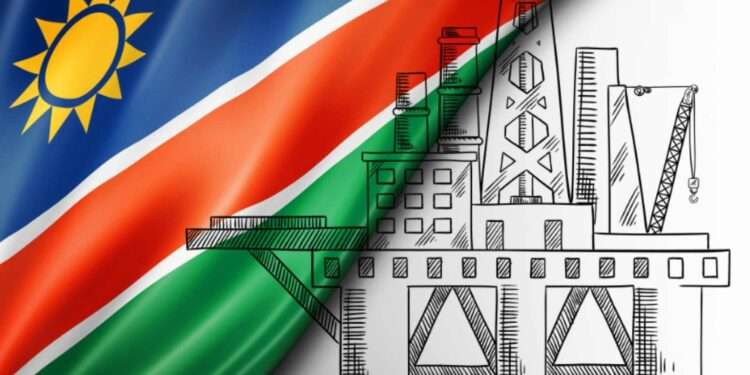The Election Commission of Sri Lanka has declared Anura Kumara Dissanayake as winner of the presidential election.
The commission made the announcement after a second vote count, the first in the country’s history.
Opposition leader Sajith Premadasa finished second.
Incumbent President Ranil Wickremesinghe came third and was eliminated after the first round.
The first count showed Anura Kumara Dissanayake leading the race with about 42 percent.
In second place was Sajith Premadasa, at almost 33 percent.
Ranil Wickremesinghe was a distant third with about 17 percent.
Sri Lankan Constitution requires a winner at a presidential election to poll 50 percent plus one vote. Since that didn’t happen, the election went into a second round of vote-counting, where election officials counted the second-preference votes.
In Sri Lankan elections, voters rank up to three candidates in order of their preference on a ballot paper.
If no candidate wins 50 percent plus one vote in the first round, a second round of counting takes place between the top two candidates from the first round. Other candidates are eliminated.
No run-off vote is conducted to determine the President. Instead, the second preferences of the ballot papers for the eliminated candidates are considered. If those second preferences are for either of the top two candidates, they are transferred to their tallies.
Behind the leading duo of Dissanayake and Premadasa, and the third-placed Wickremesinghe, was Namal Rajapaksa, the son of Sri Lanka’s former leader Mahinda Rajapaksa.
The 38-year-old came fourth, garnering about 2.5 percent of the vote.
In fifth place was Pakkiyaselvam Ariyanenthiran, who was put forward as the “Tamil common candidate” and got 1.7 percent of the vote.
No other contender managed to secure more than one percent of the national vote.
Rauff Hakeem, a parliamentarian with the Sri Lanka Muslim Congress, congratulated Dissanayake for his election victory, calling it a “feat.”
The President-elect is expected to be sworn in on Monday, September 23, 2024.
Dissanayake Presidency To Fill Two Voids
Nishan de Mel, Executive Director of the Verite Research think tank in Sri Lanka, opined that a Dissanayake presidency would fill two voids in the country’s politics.
“Firstly the political void created by the complete loss of faith in the Rajapaksa family, which has held the presidency or prime minister position for about 15 years,” he told a news agency.
“Secondly the political void created in centre-left politics, when the Rajapaksa took the previous centre-left political block toward right-wing policies,” the analyst added.
Asked what was it about Dissanayake’s messaging that resonated with voters, de Mel highlighted his promises of “radically rooting out the culture of corruption” in the country.
“The people of Sri Lanka feel that whatever political leader they have turned to in the last few decades have been sowing the culture of corruption, and that the traditional political leaders can no longer be trusted to extricate Sri Lanka from that malaise.
“So the idea that this was a candidate outside that history, was a candidate who held out the hope of change and seemed committed to rooting out the culture of corruption, was very appealing to the voter.”
Nishan de Mel
Meanwhile, Paikiasothy Saravanamuttu, Executive Director of the Colombo-based Centre for Policy Alternatives, said that he expects Dissanayake’s first “real test” to come within six months to a year from assuming office.
“If he doesn’t put a big fish behind bars for corruption, I think then he’ll face certain problems,” he told a news agency, citing Dissanayake’s anti-corruption crusade during the campaign.
He added, “At the end of the day, his welfare, his subsides and all the things he’s talked about in the campaign – the question is, where is the money going to come from?”
READ ALSO: Dela Coffie Criticizes “Mythical Numerology” in 2024 Presidential Election Balloting


